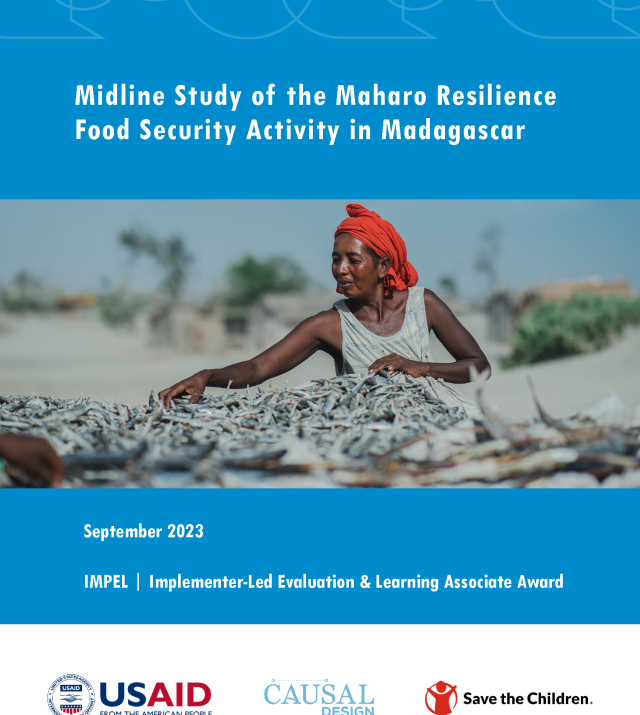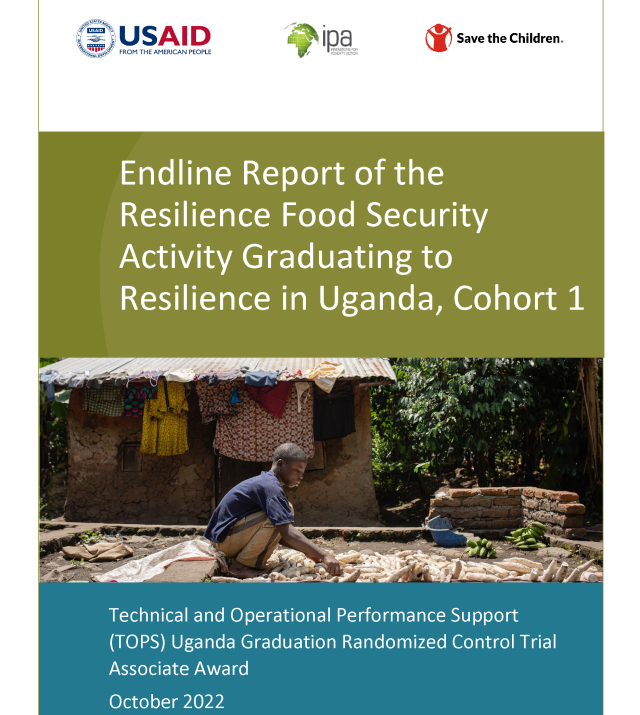
Amalima Loko Resilience Food Security Activity in Zimbabwe

Under the Implementer-Led Evaluation and Learning (IMPEL) Associate Award funded by the United States Agency for International Development (USAID), Innovations for Poverty Action (IPA) is conducting an impact evaluation of the Amalima Loko Resilience Food Security Activity (RFSA) in Matabeleland North province, Zimbabwe. Amalima Loko is an activity led by Cultivating New Frontiers in Agriculture (CNFA) and partners with the Organisation of Rural Associations for Progress (ORAP), Dabane Water Workshops (Dabane), The Manoff Group (TMG), International Medical Corps (IMC), and Mercy Corps, with financial support from USAID.
The goal of Amalima Loko is to sustainably improve food security through increased food access and sustainable watershed management among extremely poor and chronically vulnerable households and communities in Matabeleland North Province. The Amalima Loko interventions are grouped into three purposes:
- Enhanced and inclusive local ownership over food security and resilience planning and development.
- Improved health and availability of soil, water, and plant resources within the watershed and their individual and collective capacities to withstand the most common shocks and stressors.
- Improved human health and livelihoods.
Baseline Evaluation of the Amalima Loko Resilience Food Security Activity in Zimbabwe
This report provides summary statistics and indicator estimates based on a recently completed round of baseline data collection. IPA, with a team of 10 enumerators, administered a baseline survey to 511 households between April 29 and May 22, 2022, in the districts of Binga, Hwange, Lupane, and Nkayi.

